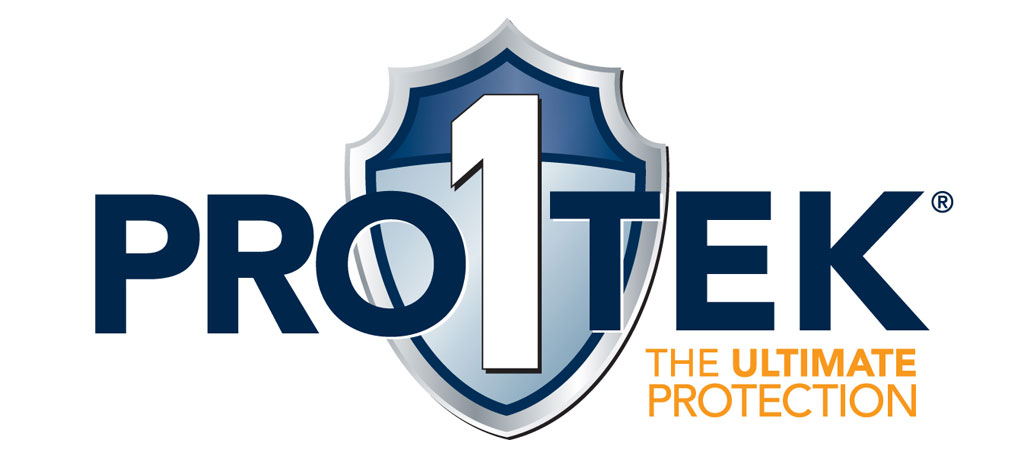Nearly a quarter of the U.S. troops who lost their lives before reaching a medical treatment facility in Iraq or Afghanistan between 2001 and 2011 didn’t have to die.
A study undertaken by the U.S. Army Institute of Surgical Research found that about 25 percent of battlefield fatalities were “potentially survivable,” and roughly 90 percent of those died primarily due to hemorrhage. The ability to stanch the flow of blood and help the body form a clot is critical in emergencies—both on the battlefield and off. But in some scenarios there are obstacles. For example, perhaps there aren’t enough hands to get the bleeding of multiple patients under control, or the injuries are in places (like the neck) where applying pressure is problematic.
Israeli company Core Scientific Creations (CSC) has created a new kind of bandage to make controlling blood loss faster, easier and more effective. WoundClot Hemostatic Gauze is based on cellulose, a material commonly found in nature, but has a lab-modified molecular structure that is stable enough to allow it to absorb a lot of blood before dissolving harmlessly into the body. Other products might stay intact long enough to absorb a flow of blood but need to be removed by a health care professional; that step breaks whatever clot has formed, slowing the healing process. Others designed to dissolve naturally break down so fast they can’t keep up with the blood flow. That combination of stability and bio-absorbability is what makes WoundClot stand out, the company says.
When the bandage comes into contact with a wound, explains Shani Eliyahu-Gross, the company’s chief technology officer, it immediately begins absorbing blood, with the capacity to hold roughly 2,500 times its own weight. Once it’s exposed to liquid, the gauze transforms into a gel and adheres to the wound without requiring anyone to apply pressure—in an emergency setting, this would leave a medic’s hands free to address the patient’s other needs or to even help others.
“We are working with the body in order to close the wound,” says Eliyahu-Gross. WoundClot creates a kind of reservoir that lets the blood’s coagulants stay in the area and do their job. In other words, the product doesn’t contain any active ingredient that hastens clotting—its unique molecular structure enhances the body’s ability to perform a natural function. The gel remains stable for the first 24 to 36 hours but then begins to break down rapidly and is absorbed into the body within seven days.
Israeli police have already begun using WoundClot, and the Israeli military is evaluating it, says Yuval Yaskil, one of the company’s founders and its CEO. CSC is also in discussions with the U.S. Army about potential joint research. A burn unit in Sweden has used the product to control bleeding during skin graft procedures, Eliyahu-Gross says—an application her team hadn’t even considered. The company is working on applications that range from home use for small cuts to use by first responders in trauma and emergency settings, as well as surgical use both inside the body and externally. The company hopes to develop more specialized versions of the product tailored for specific surgical and other procedures.
Dr. Timothy Coakley, an emergency medicine physician who spent nearly 30 years in the military and worked on developing combat medical technologies, was intrigued by WoundClot when Yaskil approached him. Now CSC’s chief medical officer, Coakley says the product works in contexts that include open-heart surgery, dental procedures, stab wounds, a child’s skinned knee and a woman on blood thinners he recently treated who had injured her tongue eating crème brûlée.
“Anywhere you have bleeding, you can use it,” he says. “I’ve been looking for this for a long time.”
